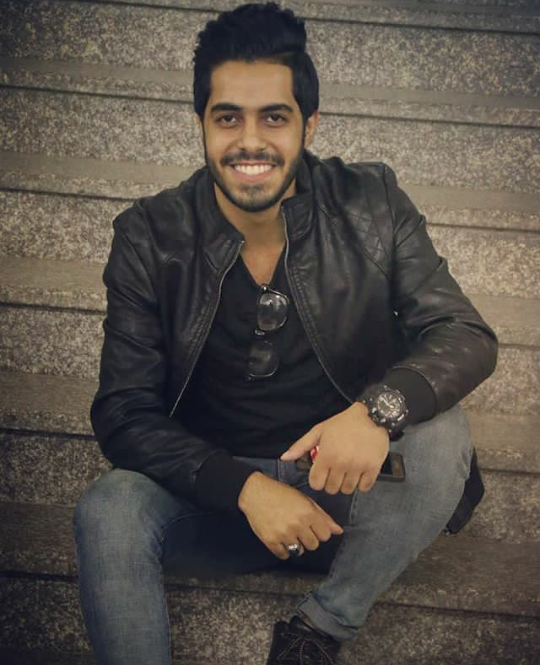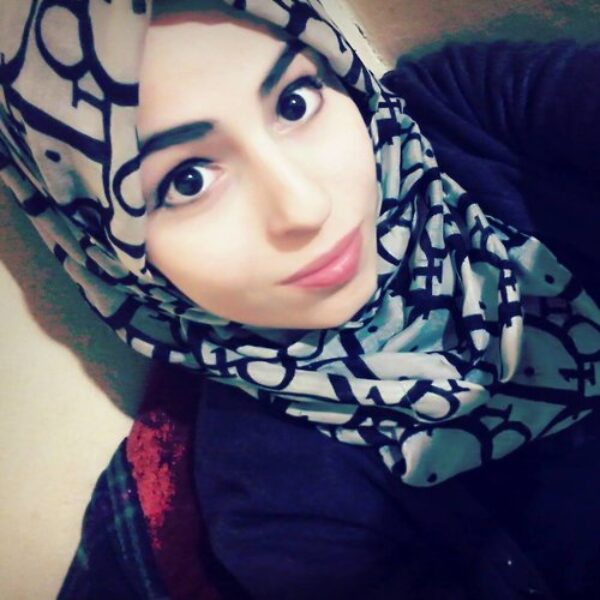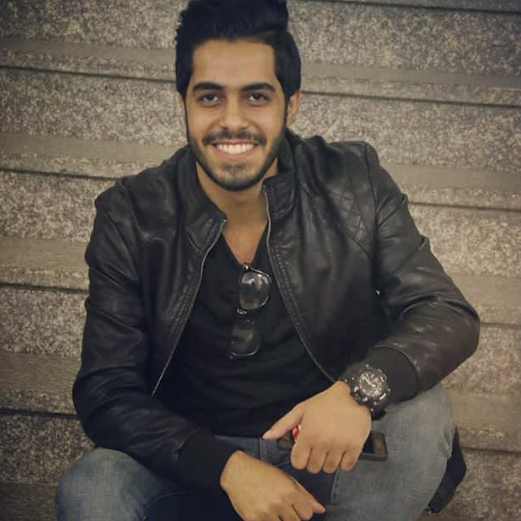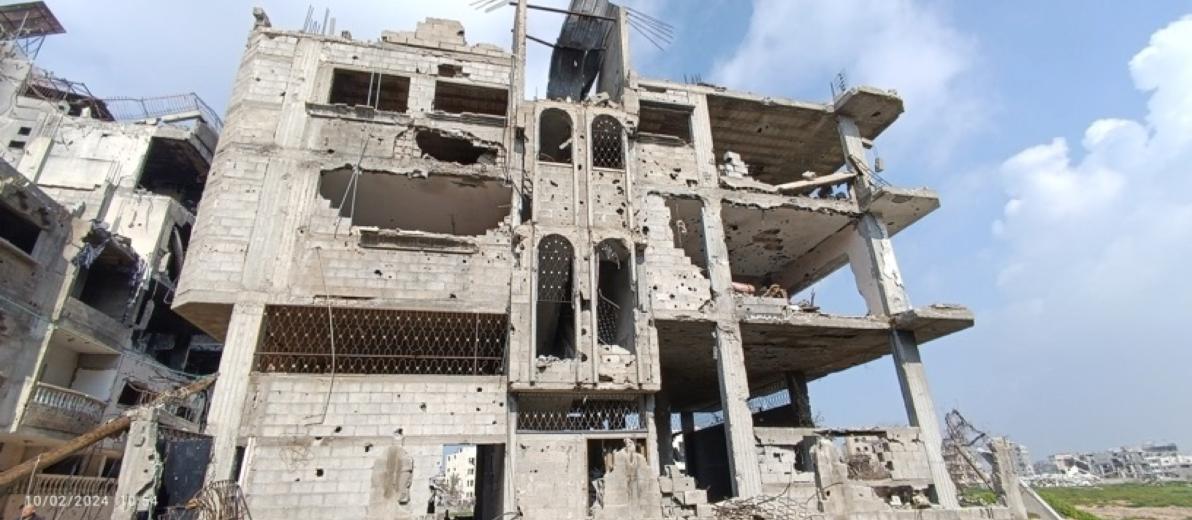Ahmed Tafesh is one of six contestants chosen from a large field to compete in We Are Not Numbers' Gazavision song contest.

"When I want to sing, I sing to deliver a message," says Ahmed Tafesh, one of the finalists in Gazavision, Gaza’s answer to Eurovision—the international song competition held in Tel Aviv this year. For his entry, he chose the song named Falastien (Palestine), originally written in 1948 by the iconic Egyptian singer and musician Mohammed Abd El Wahab. "I chose this song because it reminds us all of the Palestinian suffering that has continued from Al-Nakba (the creation of Israel that displaces more than 700,000 Palestinians) until today."
Ahmed, now 25, began exhibiting his talent in his early school days. His friends supported him, and he increasingly sang in school festivals.
"My favorite songs are the Arabic classics (Tarab),” he says, despite the fact that most young people in Gaza prefer contemporary music.
Ahmed now is well-known in Gaza, along with his band Maraseel (Messages). They perform in many ceremonies, festivals and parties in hotels and restaurants in Gaza. The band focuses on both national and classic Arabic songs.
Although Ahmed is a self-taught singer, he has received many invitations from throughout the region to sing in festivals; however, he has been unable to leave the Strip for any of them.
"I remember my last invitation to the Franco Music Festival in Egypt. I had a permit from the Egyptian army, but I kept waiting and waiting for Rafah Crossing to open and it never did,” he recalled. “So, I lost the chance to represent my Palestinian people in this huge festival that included many Arabic singers from several countries."
Still, Ahmed and his band have a large following on social media from many other countries.
"At first, people listen to me sing and they love it for my voice alone. But after they learn I am from Gaza, their appreciation grows. They know how difficult it is to be a singer in a place like Gaza. It is people's love that motivates me to continue no matter what."
For Ahmed, creating happiness among Palestinian listeners, and especially Gazans, is his No. 1 goal and duty as a refugee singer.
"When I feel frustrated, I remember all those who count on me indirectly to draw a smile on their faces," he says. “And so, I keep on singing! My people need to cling to any tiny source of happiness to continue living. Knowing I might be that tiny happiness in their dark lives empowers me too!"
Ahmed knows he is only one among many people with talent in Gaza, however.
"Gaza is so full of talent that we could 'eat up' the world if we were given the chance to show it! As Mahmoud Darwish said, 'We do not give up our dreams no matter how often they break.' That's the motto of my life."










